10. Da 5 Bloods
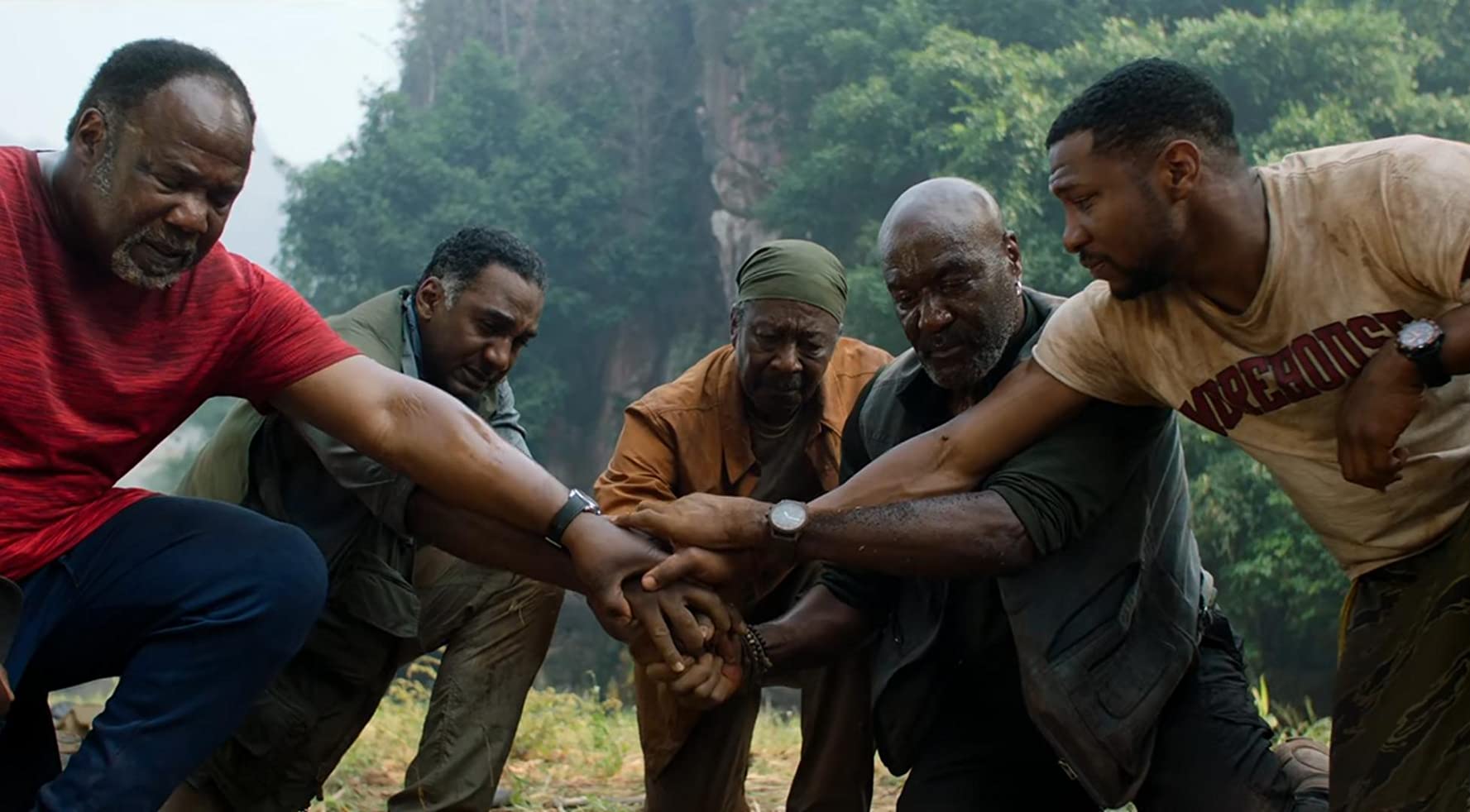
So many American filmmakers have taken their swing at the Vietnam war that one is easily forgiven for at first brushing off what might seem like a tired exercise from Spike Lee, but what you get with Da 5 Bloods is pure Lee; the Black American experience in the shit with ruthless revisionism in his signature Brechtian style (archival footage blended with recreations; shocking newsreel and documentary footage of atrocities and iconic imagery; fourth wall shattering monologues direct to camera, etc.,).
Undoubtedly one of the best Spike Lee joints around, the film scores extra marks for the numerous Treasure of the Sierra Madre references (though some of these points are cancelled due to too many Apocalypse Now references) and several strong performances, namely Delroy Lindo’s complex, PTSD-addled ex-soldier out for redemption and understanding.
There’s a wealth of tropes here, in what’s essentially an actioner, and the fractured familial relationships, a staple of the Lee oeuvre that goes back to his first film from 1986, She’s Gotta Have It, we also get treated to the filmmakers many other obsessions; his passion for jazz, up-to-the-minute and in-your-face social commentary (the BLM and MAGA movements are part of his occasionally didactic strategy as storyteller).
All told it’s a tour de force that, though forgivably flawed, is also an unforgettable story of fathers, sons, and forgiveness.
9. Sound of Metal
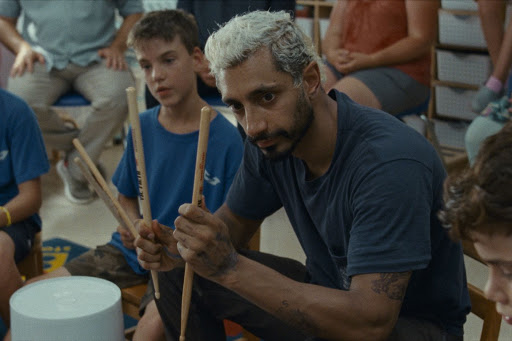
Director-co-writer Darius Marder’s Sound of Metal, his auspicious feature length debut behind the camera, is a deeply personal story concerning Ruben Stone (Riz Ahmed), a punk-metal drummer who unfortunately but not surprisingly finds himself experiencing intermittent hearing loss. Such a brief descriptor as that does nothing to communicate that the ensuing drama is an evocative, even achingly graceful story of recovery and prosperity in the face of misfortune and stormy love.
Ruben, whose recent past includes a heroin habit that he’s kicked, is urged by his girlfriend and bandmate Lou (Olivia Cooke) to become part of a rural community home for deaf recovering addicts, and though reluctant and fearful of a relapse, he agrees.
Marder’s tale is definitely elevated by Ahmed’s powerhouse performance, one of the most moving and transformative of the year, to be sure, but the innovative and frequently unexpected sound design helps the viewer to perceptibly and very sharply identify with Ruben’s ordeal.
Sound of Metal is an insightful glimpse into the deaf community as well as a suspenseful and moving melodrama that might just leave you thunderstruck.
8. Bacurau
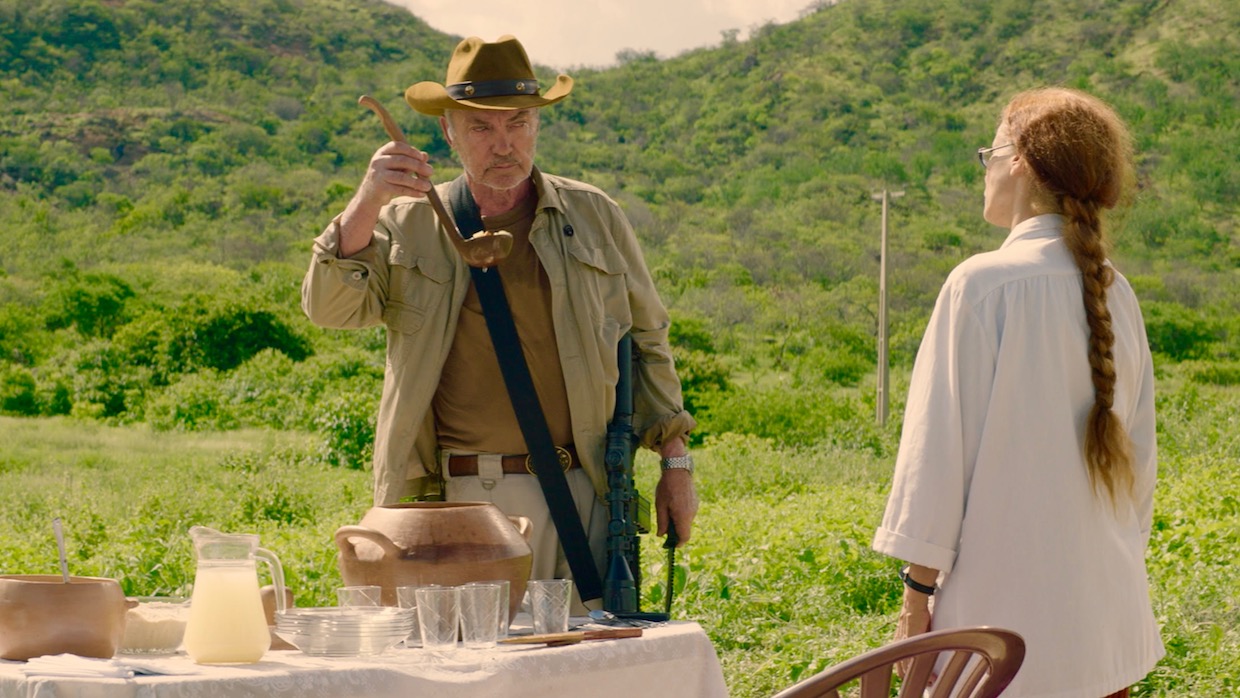
Directed by Kleber Mendonça Filho and Juliano Dornelles, this genre-bending weird Western has a serious Sergio Leone vibe as it takes on numerous jet-black comic twists, an enormous body count, and a very lackadaisical pace. Set in the eponymous village of Bacurau, a remote place in Brazil’s north east, where the residents find themselves up against aggressive, possibly alien forces as this truly singular The Most Dangerous Game-style iteration unwinds with brio and volcanic splashes of gore.
Starring Sônia Braga and Udo Kier on opposite sides or perhaps each being manipulated by sinister forces, rest assured that all will be revealed to the driving synthesizers of John Carpenter, exposing not only geopolitical gestures, but some truly satisfying and horrific acts of bloody recompense. Whatever this film is (sci-fi western?) it’s a gruesome gem you’ll be raving about and remembering for a long time. Bacurau resonates with brilliance, butchery, and cruel delicacy.
7. Possessor
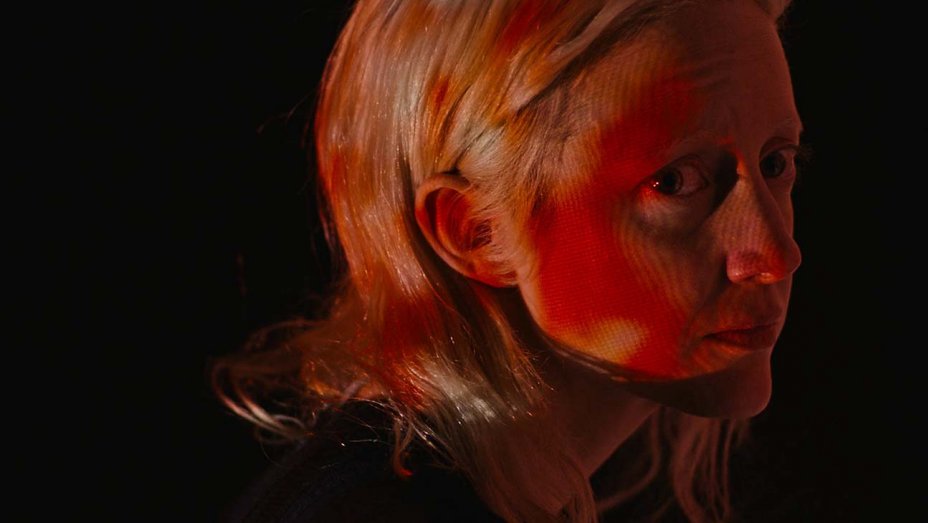
The premise of Brandon Cronenberg’s extreme genre thriller Possessor lands like lightning as futuristic technologies meld with a worn, vintage esthetic. Contract killer Tasya Vos (Andrea Riseborough), a corporate agent working under Girder (Jennifer Jason Leigh), uses state-of-the-art brain-implant tech to assassinate her targets. A murderer for hire, Vos inhabits her subject’s bodies, against their will, committing the murders through them, before forcing said subjects to end their own lives in a perfect crime scenario. As the Possessor lurches forward the theme of voyeurism proves an intriguing one, at times playing out like The Conversation as directed by the Marquis de Sade.
An incredibly confident and fully-realized film, Possessor finds Cronenberg fully in control and unafraid of shocking his audience as his dark and deadly tale builds with the momentum of a freight train screaming through a railyard late at night. His leads have never been better either, starting with Riseborough, who was so vulnerable and ethereal in Panos Cosmatos’s Mandy (2018), here she’s a terrifying persona non grata psychopath being sucked into the abyss. And as her prey, Chrisopher Abbott (It Comes At Night) is alternately utterly sympathetic and wholly sinister when his actions are manipulated by Vos for the most wicked and homicidal of purposes.
Utilizing stylish yet often austere cinematography from Karim Hussain, as well as gifted production design from Rupert Lazarus, along with a bevvy of suitably brutal and bloody practical effects, Possessor is an uneasy but nonetheless awesome experience.
6. Never Rarely Sometimes Always
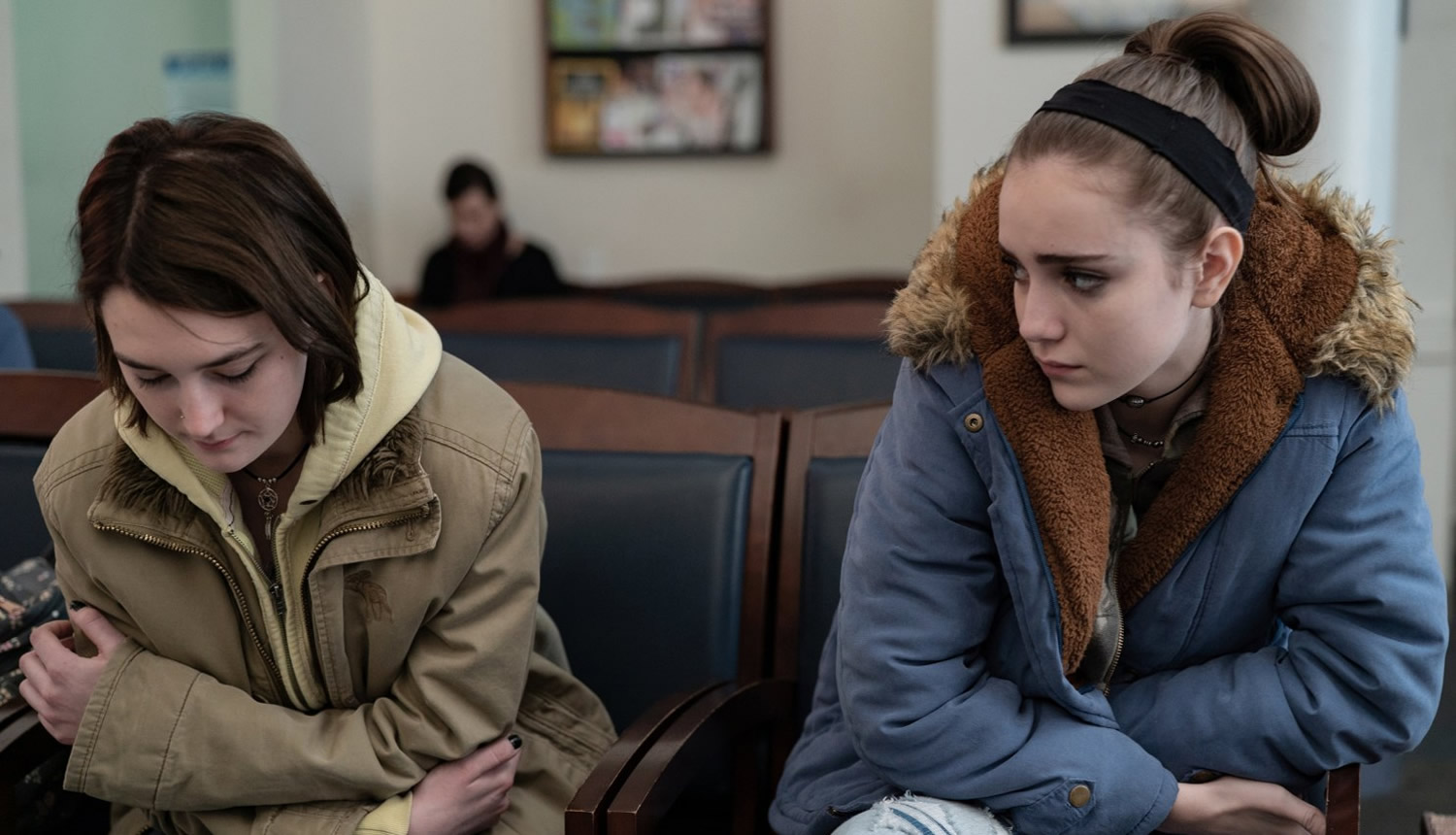
Eliza Hittman (It Felt Like Love) displays a rare subtlety and an exacting grace in her latest film, Never Rarely Sometimes Always that miraculously manages to be equal parts funny, tender, and troubling. Hittman, who wrote and directed the film, is never didactic or flip as she tells the simple yet gripping story of Autumn Callahan (Sidney Flanigan), a 17-year-old teen faced with an accidental pregnancy and an utter lack of local support in the sticks of Pennsylvania.
Teaming up with her cousin, Skylar (Talia Ryder), they roadtrip across the state line to a Planned Parenthood clinic in New York City. With a neo-realist flare and shockingly candid and convincing performances from her young cast, Hittman’s film is one fraught with bravery, empathy and understanding, and lasting appeal. Not to be missed.
5. Sorry We Missed You
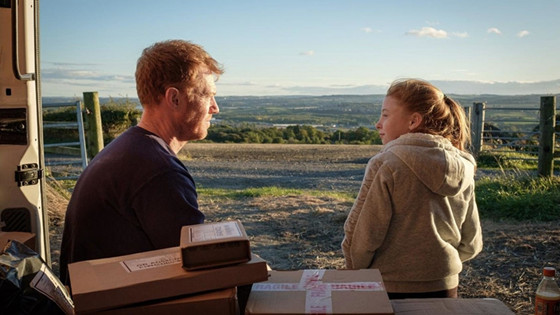
Ken Loach (Kes) does it again with Sorry We Missed You, a beautifully told and wrenching domestic drama, and one that sent me on several crying jags as it hit so close to home. And to anyone who shares delicate familial bonds or can’t help but worry about those you love, Loach’s film will move you in more ways than one.
Set in Newcastle-upon-Tyne, the film ostensibly tells the story of Ricky (Kris Hitchen) and his family who have been fighting a losing financial battle against debt since the 2008 financial crash.
A glimmering opportunity to take back some independence fleetingly appears with a costly new van and the promise of a franchise in the form of a self-employed delivery driver has Ricky reeling. Ricky’s family unit is a strong one but when spread thin and pulled in painfully different directions everything starts to break apart, least of which the heart of the viewer. Powerful and poignant stuff with an emotional punch that will wind you. Highly recommended.
4. First Cow
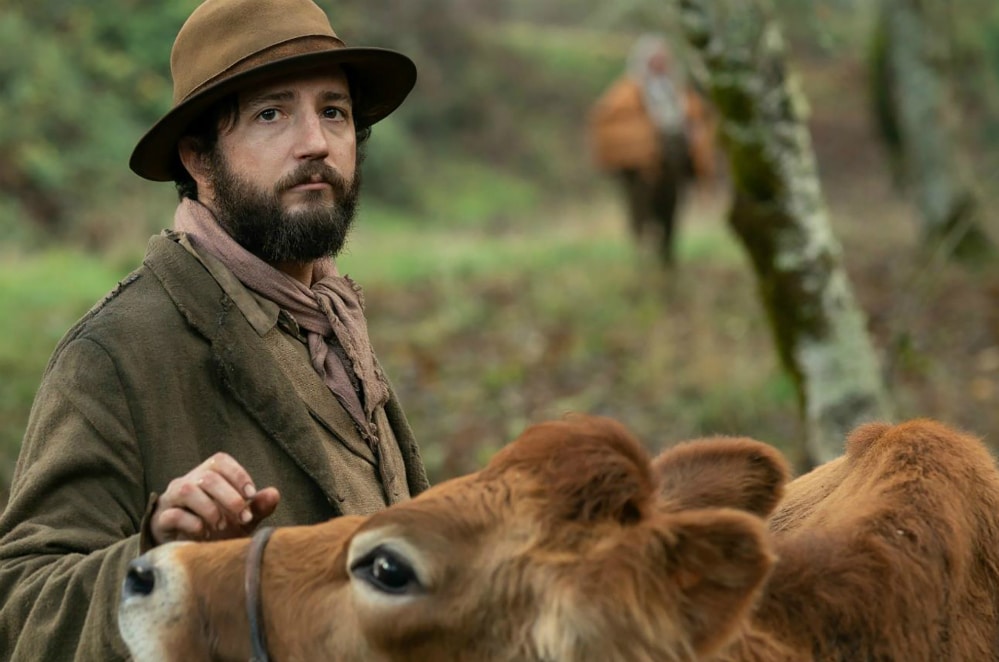
A pensive musing on friendship and survival from American auteur Kelly Reichardt (Meek’s Cutoff, Certain Women), First Cow is a beautifully told tale that feels small but has a vast and very deep heart.
Following a pair of forlorn travellers in the Northwest of the 1820s, one is a shy cook, Otis “Cookie” Figowtiz (John Margaro), the other a Chinese immigrant, King-Lu (Orion Lee), the two devise a business scheme that hinges on a wealthy landowner (Toby Jones), or more specifically, his prized milking cow. From so simple a premise, and with a tender slow cinema sweep, First Cow unfurls with incessant poise and allure.
A film that is quintessential Reichardt, it’s a rough-edged gem with a familiar gleam that her admirers, of which I’m proudly one, will cherish. It’s a tiny but invaluable treasure.
3. Forty-Year-Old Version
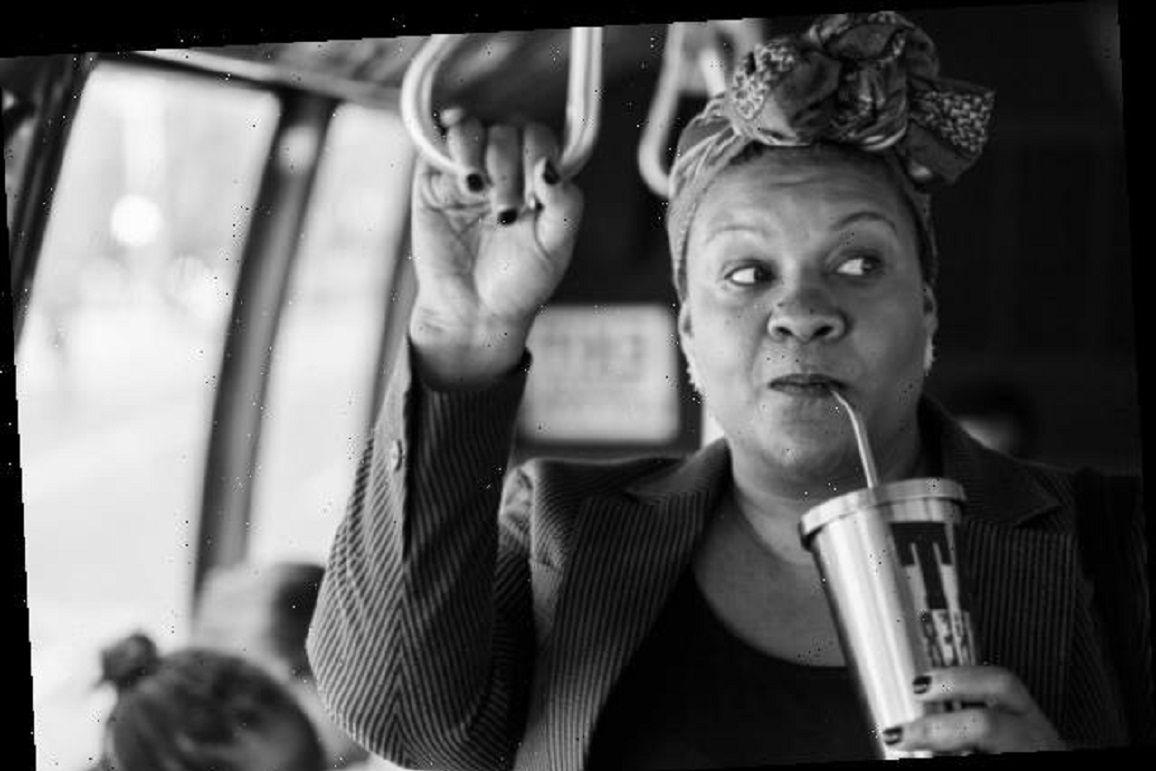
Perhaps the sleeper hit of 2020 from triple threat writer-director-star Radha Blank, making her phenomenal big screen debut, Forty-Year-Old Version is so much more than the mid-life crisis movie its title suggests. Intimate in scale but epic in ideas and execution, Blank is brilliant, comical, discerning, and an absolute delight.
A struggling New York playwright (Blank) finds new inner strength and modes of expression as she reinvents herself as a rapper, and not only does she have the beats and the rhymes, her shrewd observations are readily electrifying and side-achingly hilarious. The comedy of the year that also earns a few therapeutic tears, Blank’s time has definitely come.
2. Nomadland
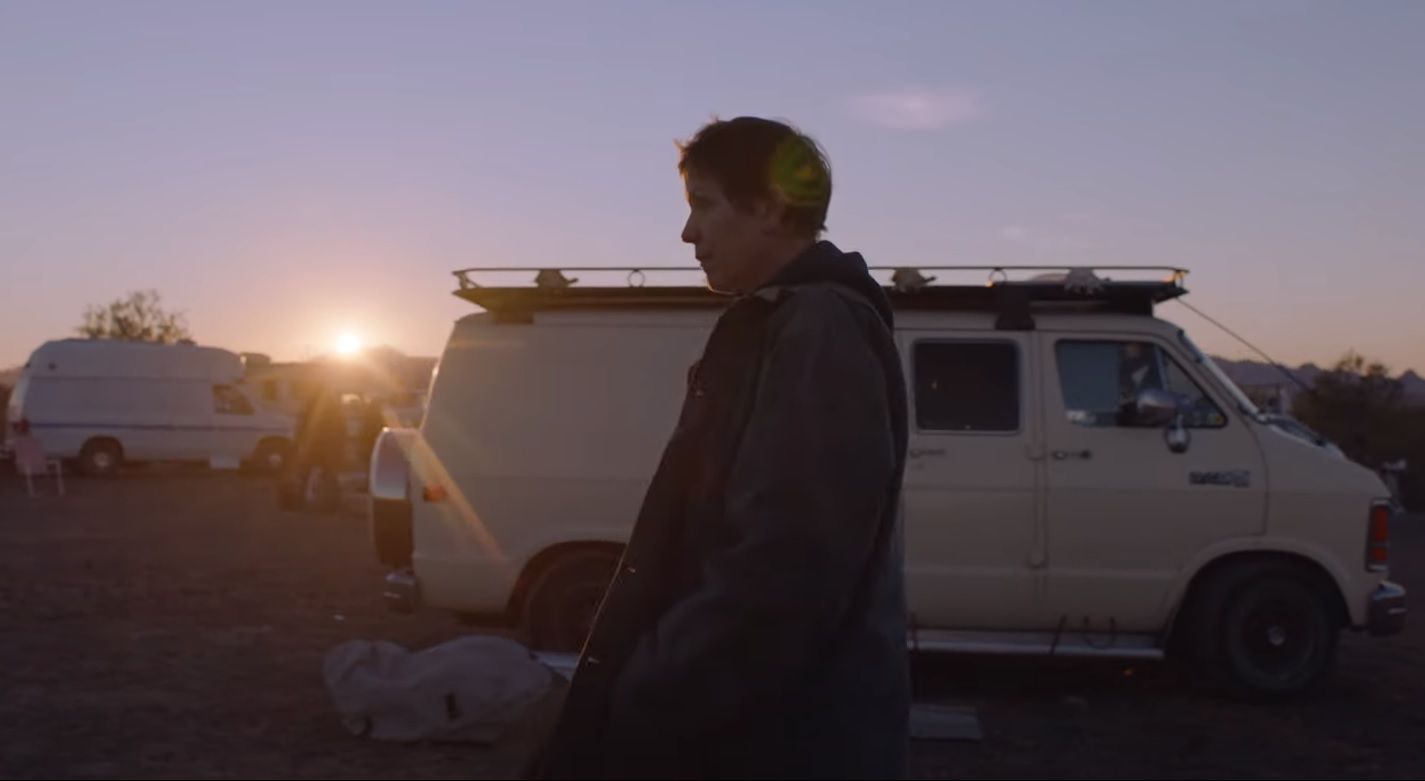
I spent a good deal of 2020 joyfully anticipating the latest from Chloé Zhao (Songs My Brothers Taught Me, The Rider), Nomadland, a jaw-droppingly gorgeous neo-realist prize that, speaking of prizes, has already netted Best Picture from the National Society of Film Critics and the Golden Lion in Venice. And mark these words, it’s destined for more awards season booty, just you wait.
Unspooling lackadaisically amidst crumbling, disintegrating towns in the American Midwest, Zhao and her gifted cinematographer Joshua James Richards (who lens Zhao’s previous sterling works) together showcase landscapes and vistas of poetically scant, perpetual sunsets, a magic hour America that carefully communicates the innate dignity of the peripatetic Fern (Frances McDormand, also reeling in the awards in this career-best portrayal). As Fern’s family and friends wrestle to reason with her wandering vagabond lifestyle, the immersive and deeply resonant grandeur that’s become Zhao’s trademark, holds sway. Nomadland will roam around your heart and occupy your mind for a good long time.
1. Lovers Rock
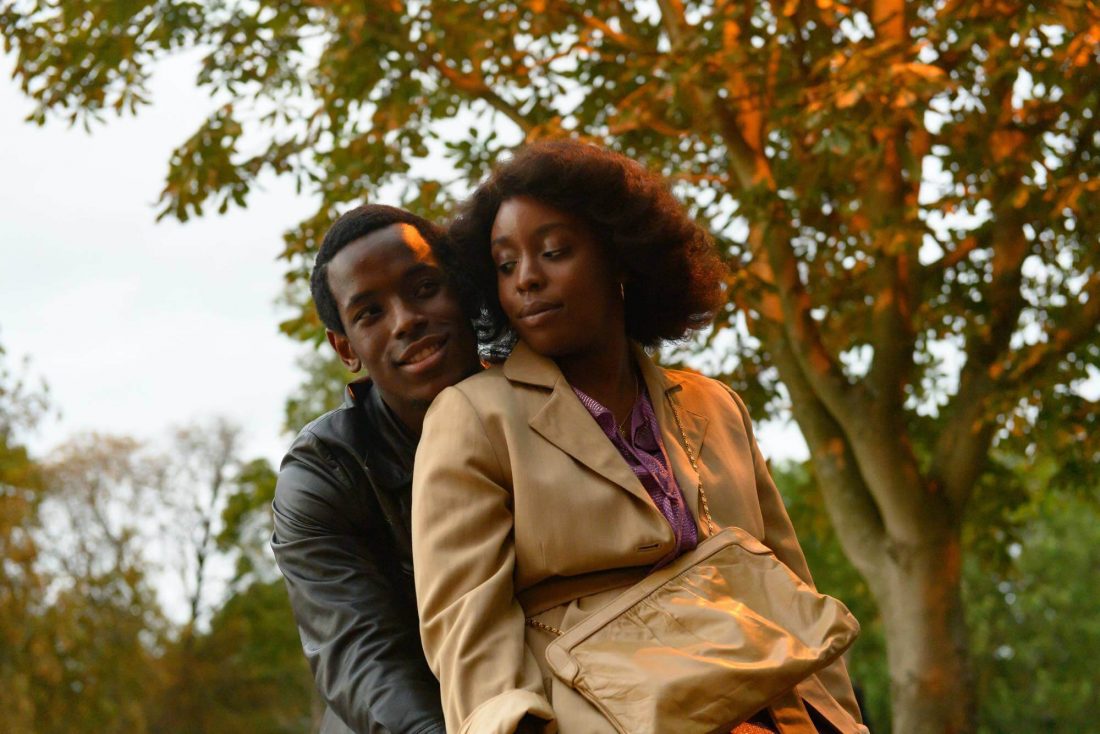
As intimate as a lover’s caress and as energetic as the most moving music hall, Steve McQueen’s Lovers Rock is the most ecstatic and immersive cinematic experience of 2020 and it’s an amorous godsend.
Set almost entirely at a house party celebrating a birthday in West London in the early 1980s, this gorgeously realized, almost heavenly pageant, itself an elated examination of Black joy during the Thatcher era, will make you simultaneously buoyant while gasping for air.
At times the formalist sway to Lovers Rock recalls the free-spirited potency and impulse of mid-90s Wong Kar-wai (a similar romantic spirit to Chungking Express) but McQueen is definitely chasing his own muse. His restless camera glides through the dancefloor as people sing and sway, imbibing alcohol and smoking grass in rapturous, almost religious communion. The film has so many climacteric moments and lingering long takes that it starts to feel multi-orgasmic –– Janet Kay’s “Silly Games” and the a cappella celebration it inaugurates may be the greatest movie moment of the year, by my estimation at least.
At the time that Lovers Rock occurs, London was a very divided city, full of volatile racially-fuelled rage (let me quickly use this platform to call out Eric Clapton, whose infamous racist rants of the late 1970s were focussed on these very people and say: “Fuck you, you marginally talented, slur-spewing hasbeen whose head’s been up his own ass for decades”), and yet here’s a night-time reverie full of vivacity and life, sadness and satisfaction, and the stamina of an unbeaten people.
The film works so well during quarantine times as it’s the ultimate birthday bash/house party we all wish we could go to but also as something so much more; as a sanctum of harmony amidst a sea of strife. Lovers Rock will make your heart rise, your eyes wet, your body sway, and most fundamentally, your spirit soar. It rocks, alright.
Honorable Mention: Another Round (directed by Thomas Vinterberg), The Assistant (directed by Kitty Green), Beanpole (directed by Kantemir Balagov), Bill & Ted Face the Music (directed by Dean Parisot), Borat Subsequent Moviefilm (directed by Jason Woliner), Father (directed by Srdan Golubovic), Freaky (directed by Christopher Landon), Gretel and Hansel (directed by Oz Perkins), The Invisible Man (directed by Leigh Whannell), Mank (directed by David Fincher), Martin Eden (directed by Pietro Marcello), Minari (directed by Lee Isaac Chung), The Nest (directed by Sean Durkin), On the Rocks (directed by Sean Durkin), Palm Springs (directed by Max Barbakow), Promising Young Woman (directed by Emerald Fennell), Red, White, and Blue (directed by Steve McQueen), Relic (directed by Natalie Erika James), She Dies Tomorrow (directed by Amy Seimetz), Shirley (directed by Josephine Decker), Sleep (directed by Michael Venus), Soul (directed by Pete Docter and Kemp Powers), Synchronic (directed by Justin Benson and Aaron Moorehead), Undine (directed by Christian Petzold), Vitalina Varela (directed by Pedro Costa), The Whistlers (directed by Corneliu Porumboiu), Wolfwalkers (directed by Tomm Moore and Ross Stewart), Yes, God, Yes (directed by Karen Maine), Zombi Child (directed by Bertrand Bonello).
Author Bio: Shane Scott-Travis is a film critic, screenwriter, comic book author/illustrator and cineaste. Currently residing in Vancouver, Canada, Shane can often be found at the cinema, the dog park, or off in a corner someplace, paraphrasing Groucho Marx. Follow Shane on Twitter @ShaneScottravis.